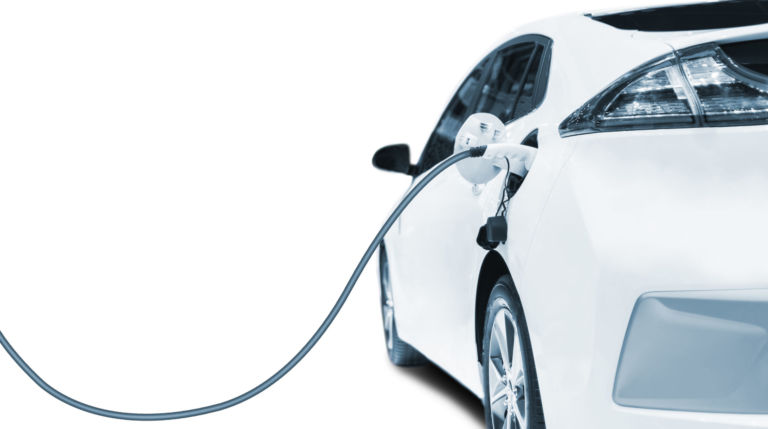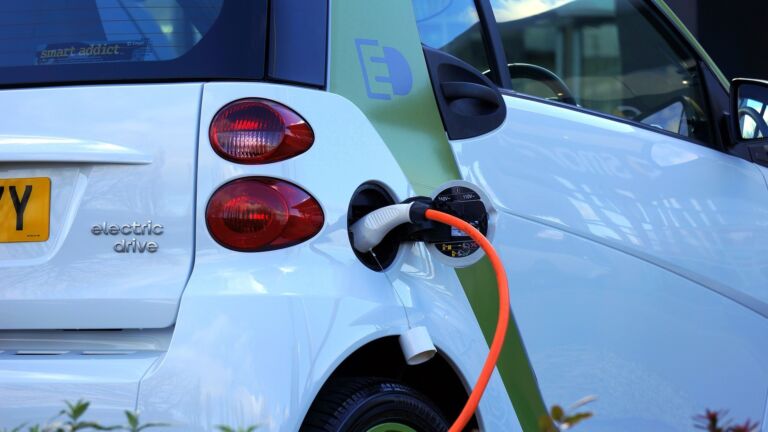In a new piece in the Daily Mail, the well-known science writer explains why he’ll be buying a new gas powered car before the UK’s electric vehicle mandate goes into effect in 2030. You can learn about some of his reasons in the exceprts that appear below. All of them, it should be noted, apply equally well here in North Carolina.
Regarding the extent to which switching the EVs will require relying on China, Ridley says:
Most electric-car batteries a being made in China and its hold on the market is growing thanks to huge investment in lithium and other minerals, low labor costs and a cheap, coal-fired grid. …
Switching transport to electric in a short timescale will inevitably mean buying Chinese. Are we really about to force ourselves to become even more reliant on a totalitarian regime that stamps out freedom in Hong Kong, commits genocide against the Uighurs, threatens war on Taiwan and refuses to be transparent about how a pandemic began near its leading virus laboratory?
Regarding logistics:
Just to supply the extra electricity for a fully electric fleet would mean a near-doubling of the number of wind farms (plus necessary gas-fired back-up), or an equivalent new supply from nuclear, a technology that takes decades to build.
Then there’s the practicality of distributing that energy. On our current grid, people are struggling to get fast chargers installed at home because of lack of capacity in the wires and transformers. That will only get worse as that capacity is taken up with demand from heat pumps.
And regarding the supposed environmental benefits:
[If] the UK does manage to shift all cars and vans to electric in the 2030s …we will have reduced global emissions of carbon dioxide by … [l]ess than one half of one tenth of one per cent. You would probably have more effect on the climate if you dropped a couple of ice cubes in the Thames once a week.
And that’s the best we can hope for. In reality the effect will be even smaller. …
Here’s why. First, it requires a lot more carbon dioxide emissions in a lot of extractive industries to make an electric car than a petrol car. This is especially true for the battery.
[F]abricating a typical single half-ton EV battery requires mining and processing about 250 tons of materials [which] requires a lot of diesel and electricity.
So there’s a huge up-front emissions disadvantage before an electric car even takes to the road. … [A]n electric car with a 60 kWh battery will start with a deficit of 7.5 tons of carbon dioxide-equivalent emissions, before it has driven a single mile.
Even when running, an electric vehicle is not ‘zero-emission’ because Britain’s electric grid is powered by gas (which emits some carbon dioxide) and wind turbines (whose manufacture requires a lot of coal and which get replaced every 20 or 30 years). Even nuclear has a carbon footprint (all that concrete and steel), though it’s much the smallest.
Take all that into account and you can calculate how many miles an electric car has to drive before it has ‘broken even’ with a petrol car on emissions. …
Volkswagen compared a diesel Golf with an electric Golf and estimated that the electric car has to be driven 80,000 miles before its emissions are lower than the diesel car in a typical European country.
In Germany, where the grid still depends partly on coal, it’s more like 125,000 miles. In China, you would never reach break even and electric cars might as well be called coal cars. This emperor has no clothes. …
So the average driver would take 12 years to reach the point where he is saving 15 per cent of his emissions.
But the batteries are designed to last about 100,000 miles. So just when the emissions savings come into sight, you will be scrapping the car or paying an exorbitant sum to replace its battery.
Read the whole thing, and send it to every environmentalist and politician you can think of, especially Gov. Cooper who seems determned to follow the UK’s example and force EVs on North Carolinians. Maybe it’s not too late to stop this madness.


